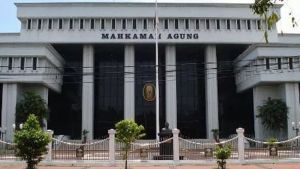JAKARTA - On Monday, March 11, the Spanish High Court maintained a temporary ban on Worldcoin's slice scanning project. This is the latest blow to projects that have sparked privacy concerns in several countries.
The court stated that "public interests" should come first, while rejecting an appeal filed by the owner of Worldcoin. Founded together by OpenAI CEO Sam Altman, in 2019, Worldcoin aims to create a global identity system by asking people to scan their slices as exchanges for free cryptocurrencies and digital IDs.
The project was temporarily banned on Wednesday 6 March by Spain's privacy watchdog following complaints about inadequate information, data collection from minors, and did not allow the withdrawal of approval.
The privacy watchdog said that the processing of biometric data, which has special protection under the European Union's General Data Protection Regulation, "contains a high risk to individual rights, taking its sensitive properties into account."
The court said that in terms of a favorable decision in the end to lift the ban, the company would be compensated for the lost income, thus rejecting the "unexpected damage" argument filed by the applicant.
VOIR éGALEMENT:
More than four million people in 120 countries have signed up to scan their slices by Worldcoin, according to their website, and queues of people looking to sign up to try out the new tool have been formed at the Spanish metro station in recent weeks.
However, the project has received criticism from privacy activists from Argentina to Germany for its collection, storage, and use of personal data.
Worldcoin said in a statement on their website that Spanish regulators had evaded "received EU processes and rules" without providing details.
The English, Chinese, Japanese, Arabic, and French versions are automatically generated by the AI. So there may still be inaccuracies in translating, please always see Indonesian as our main language. (system supported by DigitalSiber.id)













